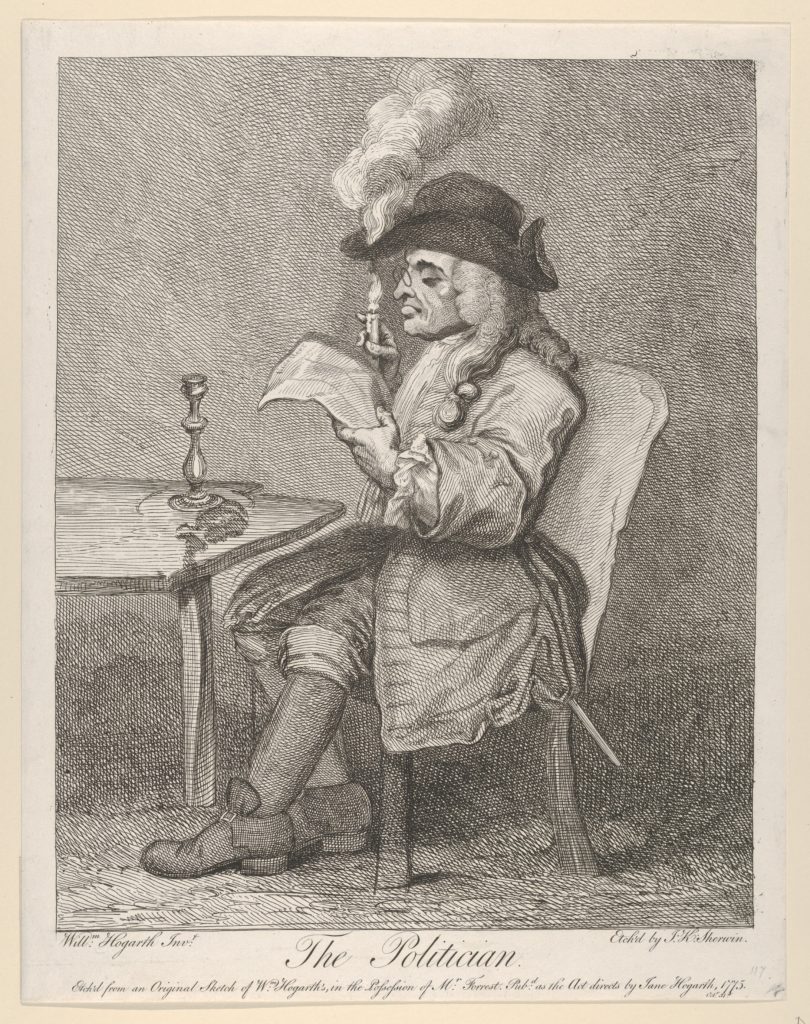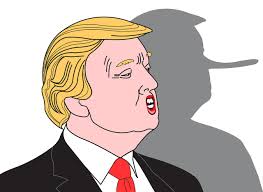
I recently finished the Netflix series The Politician. I was drawn to it because it held the promise of examining that breed of person who chooses a life of public service over private enterprise. Over the course of the last 55 years or so, I’ve been taught through experience to take a wary and even cynical view of the breed. I expected this TV show to feed into my opinion, but I also hoped to gain more insight into the makeup of politicians.
Backstory
Before I discuss The Politician as an entertainment vehicle, let’s take a look back to what brought me to my 21st century state of mind. The first President I remember is Dwight D. Eisenhower. I liked him for the following reasons, in the order of each’s revelation. He had a nice smile, making me feel like he was a good man. He was a war hero, a leader in the effort to rid the world of the evil Nazis. Life was peaceful under his administration. We share a birthday, making him a Libra and someone I can trust in matters of peace and a judicious approach to life. While President, he warned us of the danger of the military industrial complex. The worst I heard about him was my father’s complaint that he played too much golf.
As a young student, I was educated to honor our Presidents, especially Washington, Jefferson, Lincoln, and the Roosevelts. I saw all of them as men of integrity whose first interest was that of the American people while they upheld the nation’s values under the principles of the Constitution. This all started to unravel for me in the mid-60s when the war in Vietnam escalated. I watched on our black and white screen when Lyndon Johnson announced “with a heavy heart” he was ordering intense bombing of the little country we were saving from the Communists. A sadness came over me. I didn’t really blame Johnson, but there was a loss of respect on some level I didn’t yet fully grasp.
Then came Nixon. You remember him. He requires no first name. He was the first President I caught in a lie. I don’t even recall what it was just now. I saw a quote in a newspaper and noticed it was in contradiction with something he said or did earlier. I was taken aback and a little bit distraught. A President lying to the American people! The end of innocence for me, I guess. Later, virtually on the eve of the 1972 election, he announced PEACE IS AT HAND, and that declaration was pasted in a huge headline of our local paper. The story was that peace talks were going to begin with the Viet Cong. He won the election and the war dragged on until 1975.
I remember meeting with my friend Connie on the Edinboro University of Pennsylvania campus days after the Nixon victory. We were beside ourselves. In her despair, she asked me, “What are we going to do?”
“I don’t know,” I replied with no answer. “Four years…how are we going to get through it?”
It was one of the last times we saw each other, but we were close in spirit on the day he resigned in disgrace with his upstretched arms raised in the victory sign.
Let’s not forget about the Clinton years. His famous bald-faced lie that he never had sexual relations with “that woman”. His quote, “It depends on what the meaning of the word is is,” IS a classic.
Now I know all Presidents lie, regardless of political affiliation, and it’s something I have to live with. Trump is by far the most prolific, taking the art to dizzying heights. In May of this year, the Fact Checker database had tabulated 19,127 false or misleading claims uttered by this man.

Back to Our Program
The Politician is the story of a boy who, at the age of eight (I think), decides he wants to be President. This becomes his primary, all-consuming goal in life. The story actually starts when Payton Hobart is a high school student in Santa Barbara, the adopted son of a rich couple, and he is running for President of the school’s student council. He is well-organized with a dedicated staff that is as cold and calculating as our main character.
There are many twists and turns as the series progresses, but a recurring theme with Payton is his identity. He is an excellent student intent on going to Harvard, but he doesn’t know who he really is. He wonders about his motivation. Does he really care about the issues he campaigns on or does he just use them to pursue his personal glory? If he is doing the greater good, do the ends justify the means? Should he do the ruthless and heartless actions that would get him where he wants to be because the world would be better off with him as their leader?
There’s one scene when he is running for State Senator of New York that stands out to me. A teenager is a volunteer at his campaign headquarters. She overhears some conversation between Payton and his staff that causes her to doubt him. When she gets a moment alone with him, she asks about his views. He pauses in his busy activity as the lofty candidate and takes time to address her personally. He admits that a position he takes on an issue can be both sincere and for political gain. He acknowledges his flaws and that he should be accountable for them, but points out that he genuinely does want to do some good in the world.
I found The Politician to be unique and innovative, enormously entertaining. It’s not perfect. Critics have found some flaws that I can’t deny. It has been nominated for quite a few awards, though. I didn’t really get the thorough character analysis I would have liked on the subject of politicians, but I found the series well worth the time I invested.
